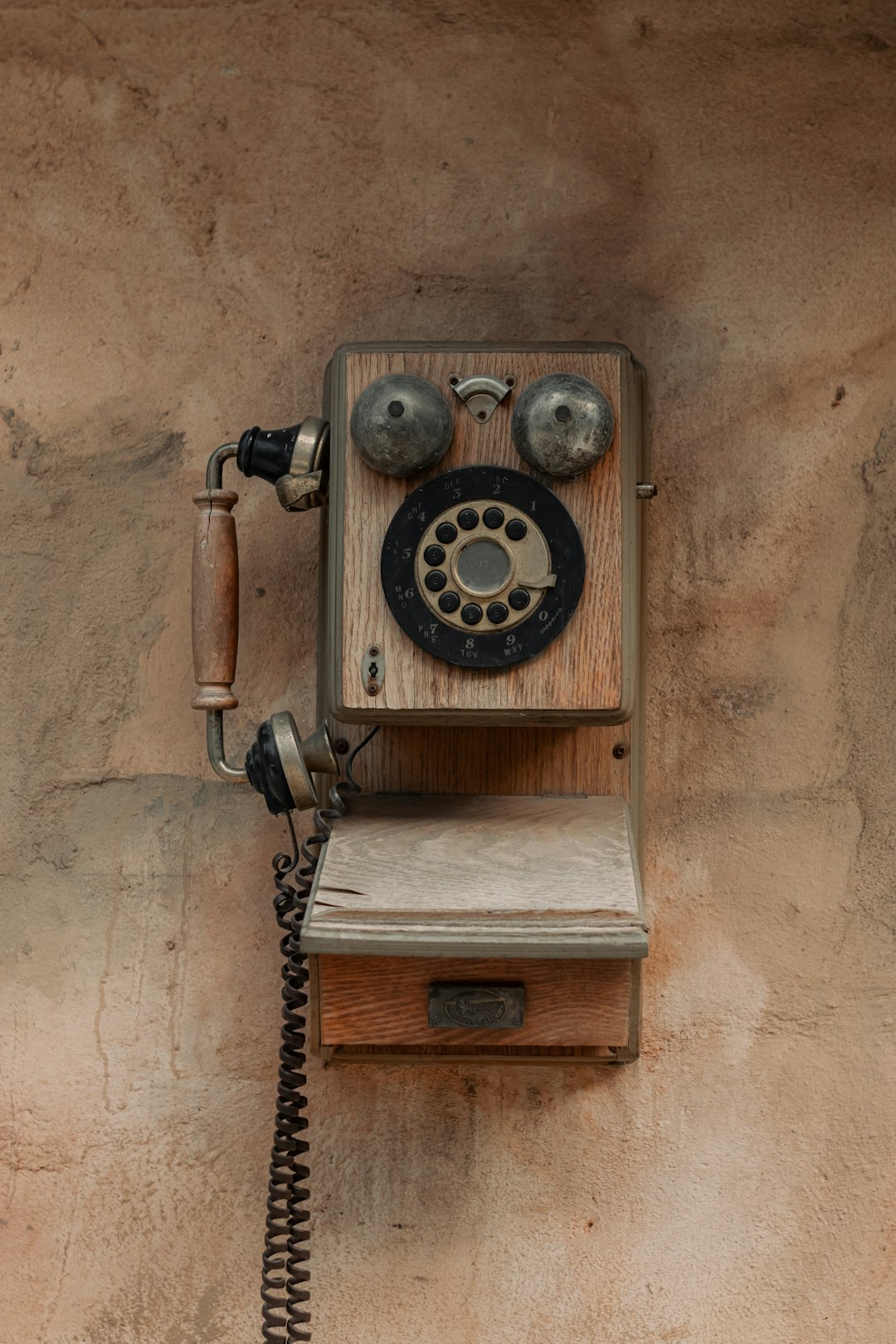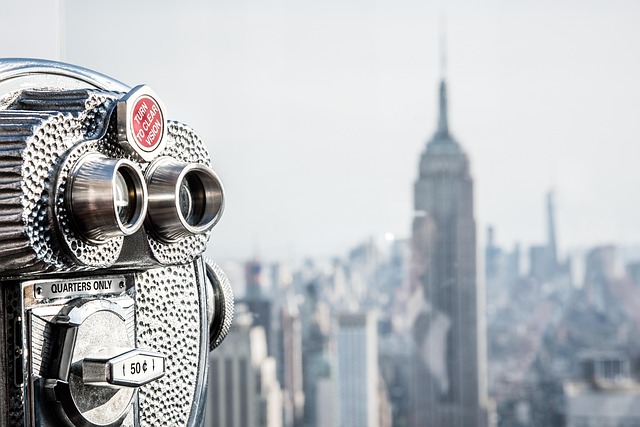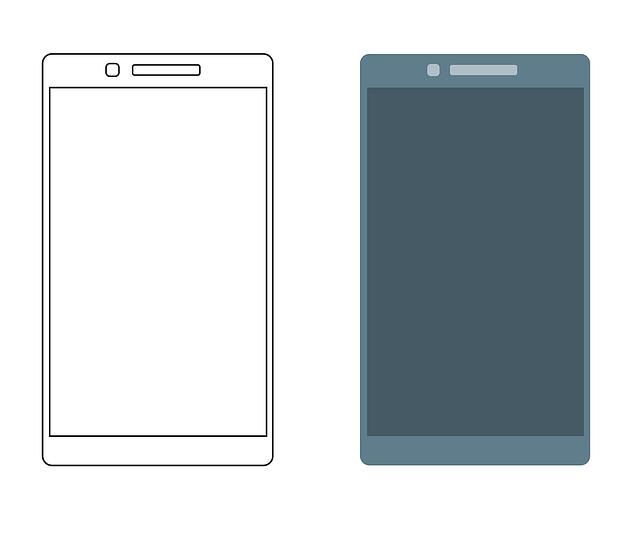Unwanted calls, especially targeting New York's seniors, are a common nuisance protected by the Telephone Consumer Protection Act (TCPA). Seniors can fight back with the help of an experienced unwanted call lawyer in New York to reclaim their peace and quiet. Identifying and documenting distressing calls, including repeated unknown numbers and aggressive tactics, is crucial for legal action against scammers. New York lawyers must adapt communication strategies for seniors with unique challenges and respect diverse cultural preferences. Consulting an expert in telecommunications law, like a unwanted call lawyer in New York, offers guidance on filing complaints with the FTC or pursuing civil litigation for persistent harassment.
In New York, unwanted calls can be a pervasive issue, particularly affecting seniors. This article guides legal professionals on how to navigate conversations with senior clients about these persistent phone nuisances. We explore the legal landscape surrounding unwanted calls, focusing on New York’s regulations and remedies. By identifying common patterns and employing empathetic communication strategies, lawyers can effectively assist seniors in curtailing these calls. Learn practical steps for taking action, from documenting incidents to exploring legal remedies, empowering seniors to reclaim their peace.
Understanding Unwanted Calls and Their Legal Implications in New York

Unwanted calls, often referred to as telemarketing or sales calls, are a common irritant for many people, but they can be particularly distressing for seniors in New York. These calls, while not always illegal, have legal implications if they infringe on an individual’s privacy rights. In New York, the Telephone Consumer Protection Act (TCPA) provides consumers with certain protections against unwanted calls, including those made to seniors. If a senior receives repeated or harassing calls, they may have grounds for legal action against the caller, with the help of an experienced unwanted call lawyer in New York.
The TCPA prohibits telemarketers from making automated or prerecorded calls to consumers without their prior express consent. It also restricts the timing and frequency of live calls, ensuring that individuals can enjoy a degree of peace and quiet during certain hours. Understanding these legal protections is essential for seniors looking to combat unwanted calls effectively. Consulting with a unwanted call lawyer in New York can provide clarity on rights and options, helping seniors navigate the legal system to stop relentless callers once and for all.
Identifying and Documenting the Problem: What to Look For

Unwanted phone calls can be a significant and distressing issue for seniors, often targeting them due to perceived wealth or as part of scam schemes. Identifying and documenting these problematic calls is the first step towards addressing the problem. Seniors and their loved ones should pay attention to several key indicators.
Look for repeated calls from unknown numbers, especially if they are persistent or aggressive in their messages. Scammers often use automated dialers, so a high volume of calls within a short period is a red flag. Additionally, listen for any pressure tactics, such as claiming there is an urgent matter or offering rewards for immediate responses. Documenting these interactions by recording dates, times, and a brief summary of the conversation can be invaluable when consulting with an unwanted call lawyer in New York to explore legal options and protect seniors’ rights.
Navigating Senior Communication: Sensitive Approaches for Lawyers

Navigating communication with seniors about unwanted calls requires a sensitive and tailored approach, especially for lawyers in New York. Seniors may have unique challenges when it comes to managing phone calls, including hearing loss or cognitive decline, which can make conversations difficult. Lawyers should be mindful of these issues and adjust their communication strategies accordingly. Using clear, concise language and allowing ample time for responses is essential.
In New York, where the population includes a diverse range of seniors, cultural sensitivity is also crucial. Lawyers should understand that different senior populations may have varying preferences for communication methods, from in-person visits to video calls or written correspondence. Adapting to these preferences not only shows respect but also ensures effective communication about sensitive issues like unwanted calls.
Taking Action: Legal Remedies and Steps to Stop Unwanted Calls

If unwanted calls persist despite your best efforts, it’s time to take action and explore legal remedies. In New York, there are strict laws in place to protect individuals from harassing phone calls, known as unwanted call laws. The first step is to document the calls, including dates, times, and a log of the conversations. This evidence will be crucial when discussing your options with an unwanted call lawyer in New York.
Consulting a legal professional specializing in telecommunications law can help you understand your rights and available courses of action. An unwanted call lawyer in New York can file a complaint with the Federal Trade Commission (FTC) or take civil litigation against the responsible party. The FTC has resources to assist victims, including the ability to block future calls. Legal action not only stops the unwanted calls but also sends a strong message that such behavior is unacceptable and will not be tolerated.






